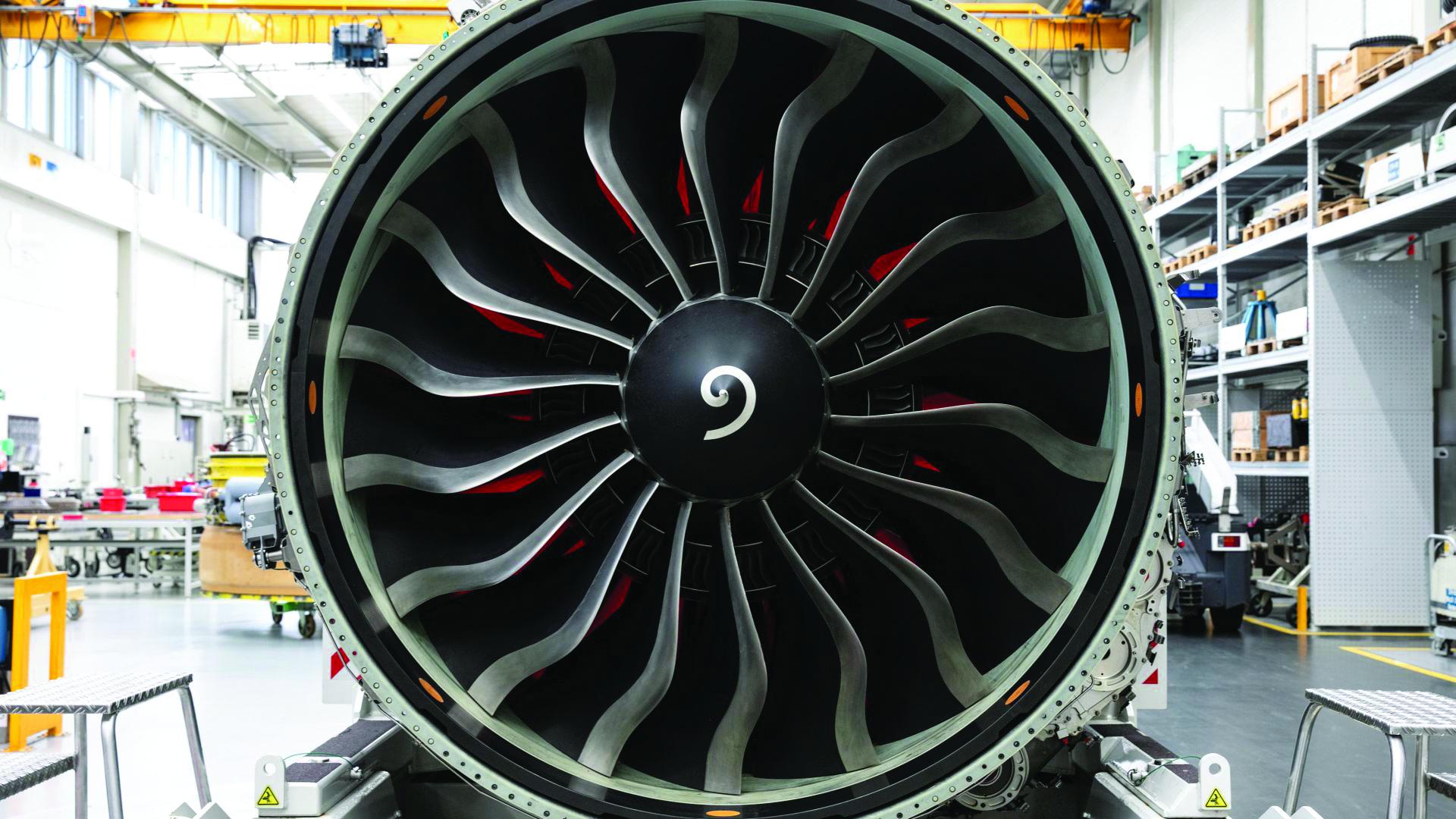
The need for greater cross-industry flexibility, the prospects for future consolidation and more robust sustainability initiatives were among the key talking points at Aviation Week Network’s MRO Europe event in Amsterdam in October.
Narrowbodies To Drive Regional Recovery
As in most regions of the world, Europe’s recovery will be driven by the narrowbody aircraft market. However, its recovery has lagged that of the U.S. and China, which are seeing strongly recovering domestic markets. In the engine maintenance segment, which felt the full force of the COVID-19-related downturn, MRO providers are readying capacity for narrowbody engine shop visits, which are expected to pick up in greater volumes than for widebodies.
Air France Industries KLM Engineering & Maintenance (AFI KLM E&M) has shifted capacity toward narrowbody engine types while also changing some services. “Airlines are still trying to preserve cash so there’s a shift in the type of work we are doing in the shops—moving away from full performance restorations to lighter workscopes to keep the fleet flying effectively,” says Michael Grootenboer, senior vice president for engines product at AFI KLM E&M.
Consolidation
Market consolidation is anticipated across several sectors. This includes airlines, although the scope of their downsizing has yet to be determined, according to the consolidation panel at the conference. “It’s difficult at this stage to determine who makes it and who doesn’t,” said Neil Glynn, managing director and head of European transport, aerospace and defense equity research at Credit Suisse. “I believe there will be more reductions of airline sizes rather than outright failures from here, and the market will consolidate in that way rather than there being a litany of bankruptcies over the next year or so.”
Private equity interest in the MRO segment, which long pre-dated the COVID-19 crisis, is expected to continue. This is despite the notion that the emergence of distressed sellers in large numbers would be negated by factors such as government financial support for employees over the past 18 months. “We shouldn’t underestimate the role of private equity because the type of thing they would do is come into a downturn, try to get a good deal and then find a recovery—that’s how they’ll sell off,” says Neranjana de Silva, principal at consultancy Roland Berger.
Daniel Luecke, head of corporate strategy at Lufthansa Technik, expects more consolidation in 2022 but in the “medium-to-low range of the market” and not among the larger players, due to their shareholder composition.
Sustainability
How the industry can become more environmentally friendly and less wasteful also was a recurring theme discussed in relation to the components segment specifically. Given the cost benefits, more airlines are looking to incorporate more used parts and repairs into routine maintenance not only to improve their financial positions but also to support sustainability initiatives, Aviation Week’s Sean Broderick reported. “That part of the supply chain will receive greater emphasis, as there is a sustainability piece [in] reconditioning and repairing,” said AAR’s senior vice president of repair and engineering services, Brian Sartain. “We are developing much more repair [capability] as well as alternative parts to try and find ways to recycle.”
Partnerships
The expectation of more partnerships in the aftermath of COVID-19 is starting to bear fruit, too. One of these is Joramco, which announced several new alliances at MRO Europe. A key type of partnership relates to the boom in passenger-to-freighter (PTF) cargo conversions, as illustrated by several Europe-based maintenance providers either adding the capability or expanding into new aircraft models during the past 18 months. The Jordanian MRO signed a memorandum of understanding (MOU) with French conversion specialist UUDS Aero, covering cabin refurbishments and Boeing 737-800 passenger-to-cargo conversions.
Under the terms of the MOU, Joramco will manage MRO capabilities for the PTF conversions while UUDS will manage the supplemental type certificates for the aircraft modifications and supply modification kits. Other partnerships included an MOU with TAT Technologies regarding the servicing of aircraft heat-transfer components and Airbus subsidiary Testia for services related to fluid testing. Another independent, FL Technics, allied with UK-headquartered Meggitt by signing a three-year SMARTSupport contract to supply MRO services for sensors, valves, actuators and fire extinguishers to operators across Eastern Europe and Russia.
